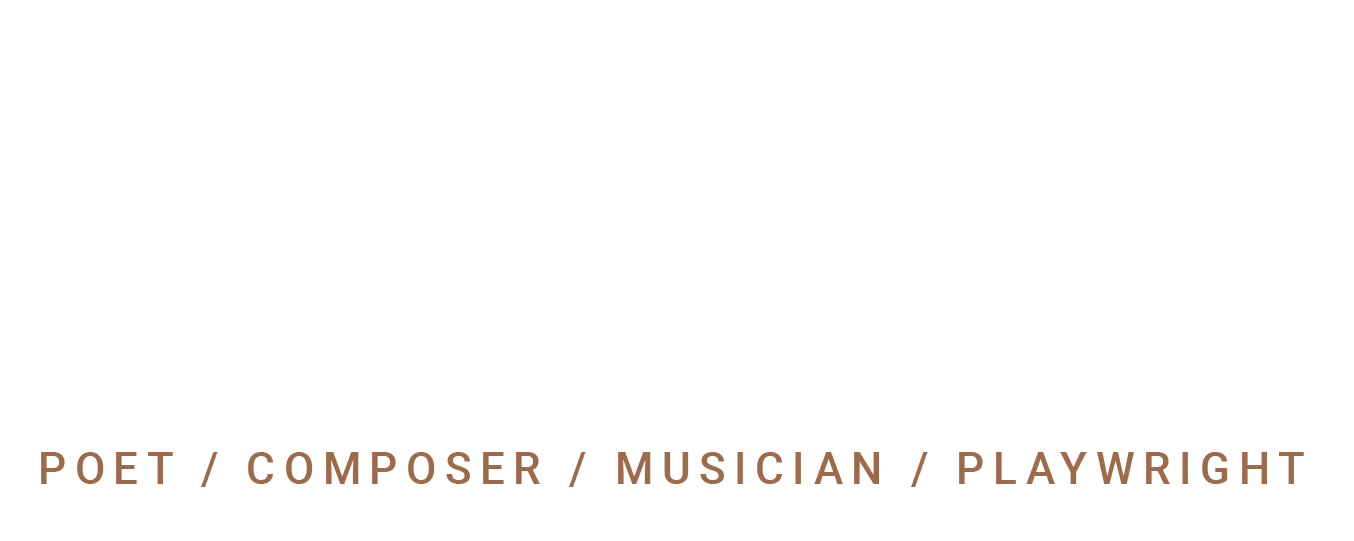Blog

Spinoza, Soapboxes and Oxytocin
Spinoza was born in the 17th Century and died when he was 45yrs. He was a member of the local Jewish community but his fearless intellectual independence and pantheism led to accusations of atheism and an assassination attempt on his life. His occupation of grinding and polishing optical lens gave him the solitude to develop his ideas, but also probably contributed to his early death, as he likely contracted silicosis from the detritus of all that grinding. Heinrick Heine, the poet and literary critic wrote that after Spinoza, philosophers, perhaps without knowing it, looked through the lens he polished.
In my reading of Spinoza I see humanity and tolerance as being the backbone of his Ethics but I am also aware that when swimming in the murky sea of philosophy it is useful to engage with the ideas and insights of other smarter commentators than myself. These other commentators then assume the role of a lifejacket which stops you from drowning in arcane philosophical frameworks. As Bertrand Russell noted:
Spinoza is often so difficult that even the best philosophers cannot be sure of having understood him
(Hum, so much for we mortals).
Russell, not short on ego, then goes on to explain, at times with a spicy condescension of other commentators, Spinoza’s main idea’s as he sees them. Being a cherry picker, reading people like Russell, that is people who write with clarity, I find, introduces me to the main themes of a work like the Ethics which then allows me to take them and apply them or rather massage them into my own insights and through this synthesis make my own constructs, hopefully, more robust or at least mildly interesting.
One of the things that I first noticed with Spinoza was his emotional and physical detachment from the world, which gave him the space to formulate his theories. As I have written elsewhere, solitude is not an imposition but a vantage point to view the world. The second thing was his hard determinism (i.e. there is no such thing as free will. More on this in an upcoming blog) which for a person like me, with an interest in developmental neurobiology, has quite an appeal; and lastly his call to use knowledge and understanding to combat ignorance. When I reflected on this I realised that the bravest thing you can ever do is to question your beliefs and prejudices.
Three quotes from Spinoza:
‘contempt and moral condemnation stand in the way of toleration’
‘hatred is increased by being reciprocated’
‘all human ills are to be cured by knowledge and understanding; that only ignorance of what is best makes men think their interests conflicting’
I was thinking of Spinoza, and those quotes, when I was attending a dinner party recently where I got cornered by a rabid ignoramus for several hours. He had recently emigrated from Europe and when, after a pleasant preamble talking about his family, he got on his soapbox and like Lenin during the Russian revolution, but without his intellect, he commenced a fierce and rambling oration about how he needed to make his infant son ‘strong’, which involved him teaching this unfortunate infant to physically assault those peers with whom he had disagreements. Further, to enable him to mould his son into a social neanderthal he had to ensure that he had enough ‘testosterone’ (I’m still not sure how he planned to do this). Foolishly, when I asked whether social skills like conflict resolution and relational repair might be more useful than violence he gave me the ‘hairy eyeball’ which is usually reserved for people who are suspected of having farted in the soup. He took my reservations about his parenting goals as an invitation to detail all that was wrong with the world and generously revealed his ghastly remedies. His number one gripe was against the tide of ‘immigrants’ invading Europe and Australia which I found ironic. Fortunately he had a solution which was quite popular in his native region ‘back home’ which was the creation of a fascist state led by men who were not afraid to make strong decisions and take firm action about things like ‘immigration’. He briefly paused to say that his partner had warned him not to talk about ‘politics’, but I could see that now that he was up and running he had no intention of following this sensible advise. After two hours he concluded his rabid monologue with the statement that he knew that what was happening in Gaza was genocide but that he would always prefer to live alongside Jews rather than those ‘Muslims’.
Perhaps it was the wine but at this stage of the evening I started thinking of the pituitary gland and its role in releasing oxytocin into the bloodstream. Oxytocin has several functions but is commonly known as the love hormone which can help us bond to loved ones. I think that Spinoza’s Ethics and his love of humanity is the philosophical oxytocin he released into this fractious world to promote peace, through the triumph of knowledge over ignorance. My dinner companion, I suspect, would have championed testosterone over oxytocin. Spinoza, you are still current, still needed.
Love my words?
Stay inspired! Subscribe to my newsletter for poetry, up-coming events and creative insights
— straight to your inbox!








